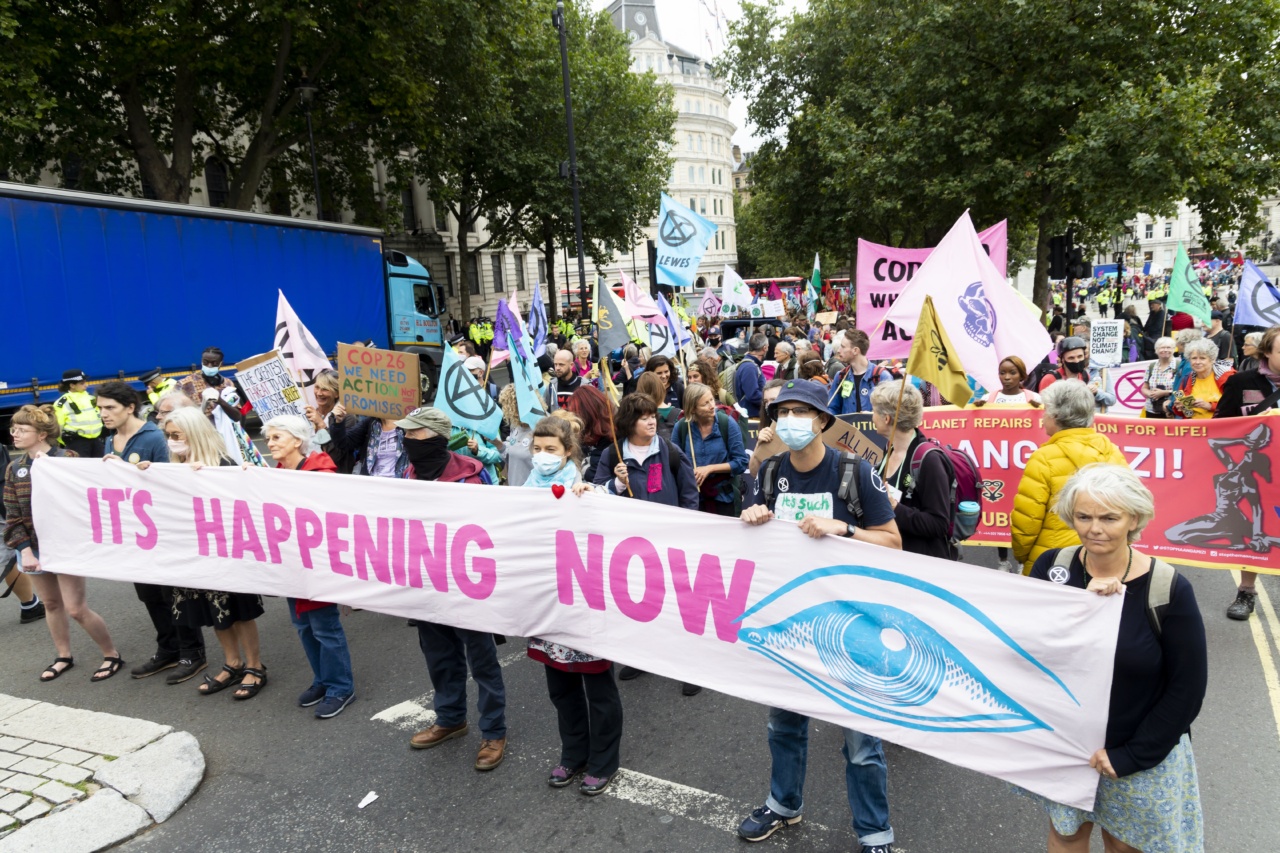Yemen, a war-torn country located on the southern tip of the Arabian Peninsula, is facing yet another deadly crisis—an outbreak of dengue fever.
This mosquito-borne disease has been spreading rapidly across the nation, claiming the lives of scores of individuals and leaving thousands more in critical condition. With the healthcare system already strained by years of conflict, Yemen is struggling to contain the outbreak and provide adequate medical treatment to those affected.
The Spread of Dengue Fever
Dengue fever is caused by the dengue virus, which is primarily transmitted by the Aedes mosquito. The disease can present in various forms, ranging from mild flu-like symptoms to severe, life-threatening conditions.
Symptoms include high fever, severe headache, joint and muscle pain, rash, and fatigue. Unfortunately, Yemen is currently experiencing a spike in severe cases, leading to a high mortality rate.
The Factors Exacerbating the Outbreak
Several factors have contributed to the worsening dengue fever outbreak in Yemen. Firstly, the ongoing conflict has severely disrupted the healthcare infrastructure, leaving hospitals and clinics ill-equipped to handle the influx of patients.
Medical supplies and personnel are in short supply, making it increasingly challenging to provide adequate care to those affected.
Secondly, the conflict has led to the displacement of millions of Yemenis, resulting in overcrowded living conditions and limited access to clean water and sanitation facilities.
These factors create ideal breeding grounds for the Aedes mosquito, further facilitating the spread of dengue fever.
Additionally, the destruction of infrastructure, including water and sewage systems, has led to the contamination of water sources, increasing the risk of mosquito breeding and the transmission of the dengue virus.
Furthermore, power outages disrupt refrigeration, affecting the storage of vaccines and reducing the effectiveness of disease prevention efforts.
The Toll on the Yemeni Population
The dengue fever outbreak has taken a severe toll on the Yemeni population, particularly among vulnerable groups such as children and pregnant women.
The lack of access to basic healthcare services and the shortage of medical professionals have hindered timely diagnosis and treatment, leading to avoidable deaths.
Moreover, the deteriorating economic situation in Yemen has exacerbated the crisis. Many families struggle to afford medical care, and malnutrition weakens the immune system, making individuals more susceptible to dengue fever and its complications.
The combination of limited resources, malnutrition, and inadequate healthcare contributes to the high mortality rate observed in Yemen.
Efforts to Combat the Outbreak
Despite the immense challenges, both national and international organizations are working tirelessly to combat the dengue fever outbreak in Yemen.
The World Health Organization (WHO) and other humanitarian agencies are providing medical supplies, including diagnostic kits and insecticides, to affected areas. They are also supporting local healthcare facilities in their efforts to detect and treat cases of dengue fever.
Additionally, awareness campaigns are being conducted to educate the population about preventive measures, such as using mosquito nets, eliminating stagnant water sources, and seeking medical attention at the first sign of symptoms.
These campaigns also emphasize the importance of proper hygiene practices and sanitary conditions to reduce the overall risk of disease transmission.
Outreach programs are targeting communities, schools, and healthcare centers, aiming to increase knowledge and promote behavior changes that can help prevent the spread of the disease.
By mobilizing resources, advocating for adequate healthcare funding, and strengthening Yemen’s healthcare system, stakeholders hope to mitigate the impact of the dengue fever outbreak.
International Support and the Way Forward
The crisis in Yemen demands international attention and support. Donor countries and organizations must increase funding to enable a comprehensive response to the dengue fever outbreak and the broader healthcare needs of Yemen.
Provision of medical supplies, equipment, and trained healthcare personnel is crucial to effectively manage the outbreak and save lives.
The international community should also work towards a peaceful resolution to the conflict in Yemen, as sustained violence only exacerbates the country’s vulnerability to health crises.
A stable and secure environment is essential for implementing and sustaining long-term healthcare solutions.
Moreover, the Yemeni government must prioritize healthcare spending and work towards rebuilding and strengthening the healthcare infrastructure.
Investing in disease surveillance systems, training healthcare workers, and improving access to clean water and sanitation facilities are critical steps in preventing future outbreaks and reducing the impact of existing health challenges.
The Urgency of the Situation
The dengue fever outbreak in Yemen is a sobering reminder of the dire humanitarian situation facing the country.
The combination of conflict, displacement, and inadequate healthcare access has created a perfect storm for disease outbreaks like dengue fever. Immediate support and intervention are required to prevent further loss of life and alleviate the suffering of the Yemeni population.





























